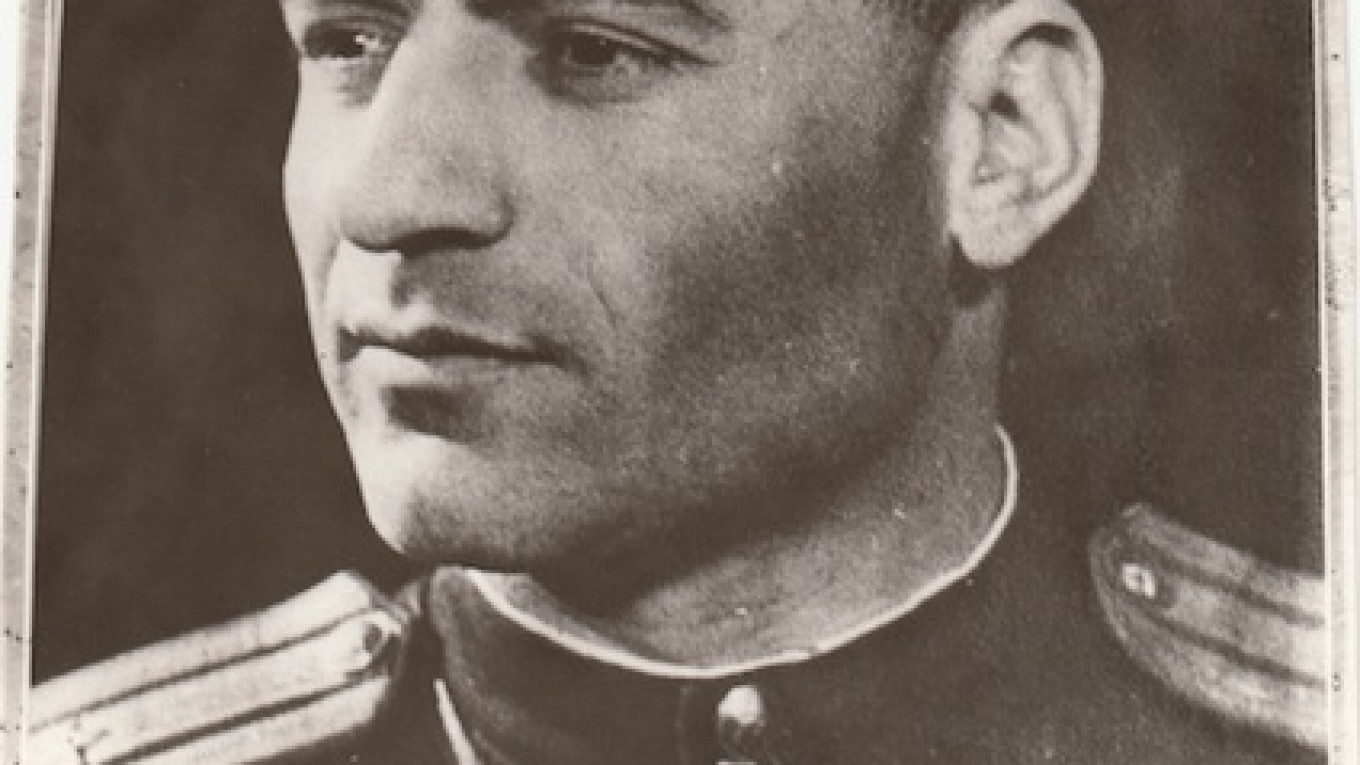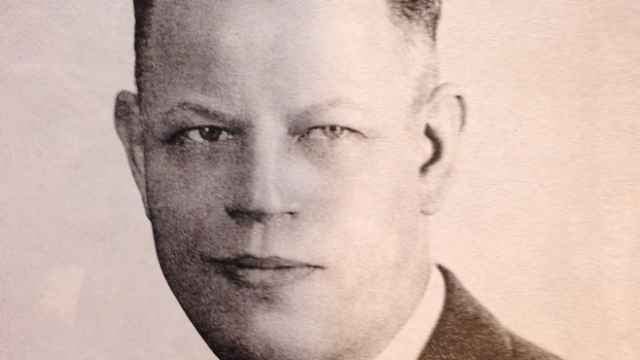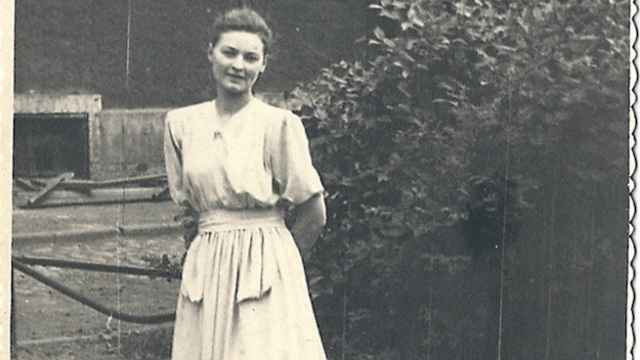In the run-up to Victory Day on May 9, when Russia commemorates 70 years since the Allied victory over Nazi Germany, staff members at The Moscow Times describe the wartime experiences of their own families.
Today, editor-in-chief Nabi Abdullaev tells the story of his grandfather Abduragim Sagidov.
My grandfather Abduragim Sagidov graduated from the Rostov-on-Don Pedagogical Institute as a German teacher in June 1941, just as Nazi Germany began attacking the Soviet Union.
My grandfather was called up, trained as a political commissar at a three-month course and sent into combat in Belarus.
From the town of Bobruisk in Belarus he took part in a march all the way to Berlin. He was wounded several times, I still remember deep scars on his body and neck.
Granddad was promoted to the rank of Major and awarded two Orders of the Red Star in 1944 and an Order of the Patriotic War in 1945.
His order papers say that he was a skillful propagandist and persuaded more than 400 Nazi officers and soldiers to surrender to the Soviet troops in February 1944.
On May 10, 1945 my grandfather pulled out a brick from the wall of the Reichstag building. He brought this brick with him when he returned to Russia in 1947, after serving in the office of the Soviet military commandant in Weimar, in the Soviet zone of occupation in East Germany.
He returned back to his native North Caucasus republic of Dagestan to become the republican minister of public education.
From 1957 to 1986, my grandfather headed the Soviet Union's first think tank on bilingual education, which developed school textbooks for children living in the country's ethnic suburbs who could not speak Russian.
He died in 1989. I don't remember him ever telling war stories. My mother, his daughter, says the memories were too painful for him to invoke.
A Message from The Moscow Times:
Dear readers,
We are facing unprecedented challenges. Russia's Prosecutor General's Office has designated The Moscow Times as an "undesirable" organization, criminalizing our work and putting our staff at risk of prosecution. This follows our earlier unjust labeling as a "foreign agent."
These actions are direct attempts to silence independent journalism in Russia. The authorities claim our work "discredits the decisions of the Russian leadership." We see things differently: we strive to provide accurate, unbiased reporting on Russia.
We, the journalists of The Moscow Times, refuse to be silenced. But to continue our work, we need your help.
Your support, no matter how small, makes a world of difference. If you can, please support us monthly starting from just $2. It's quick to set up, and every contribution makes a significant impact.
By supporting The Moscow Times, you're defending open, independent journalism in the face of repression. Thank you for standing with us.
Remind me later.






